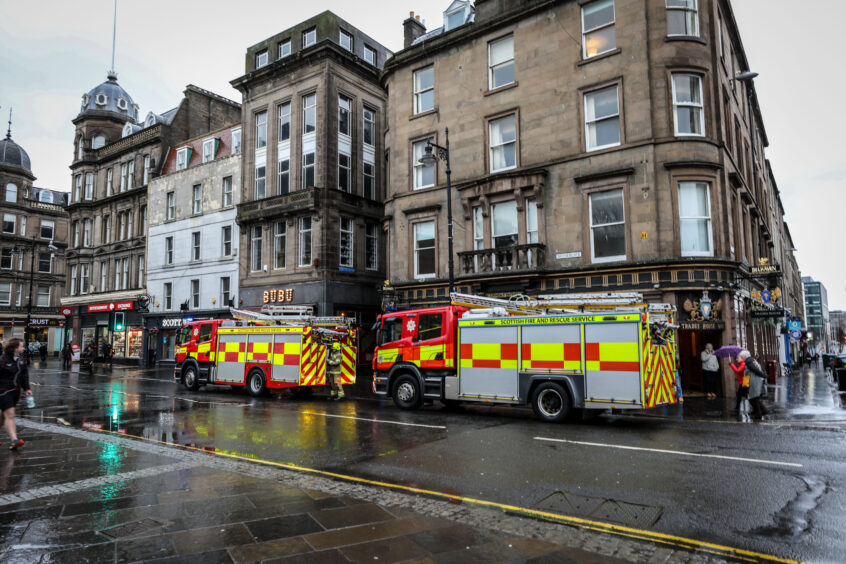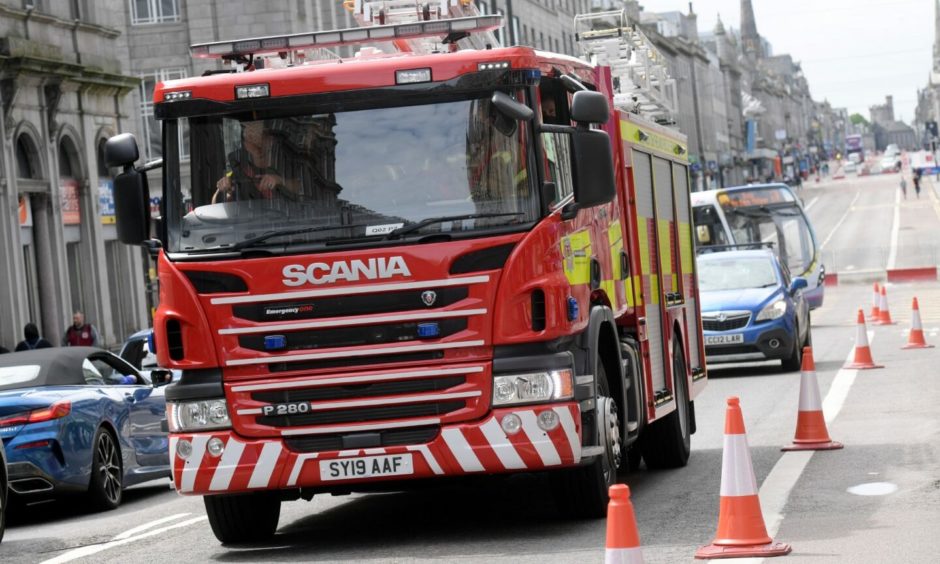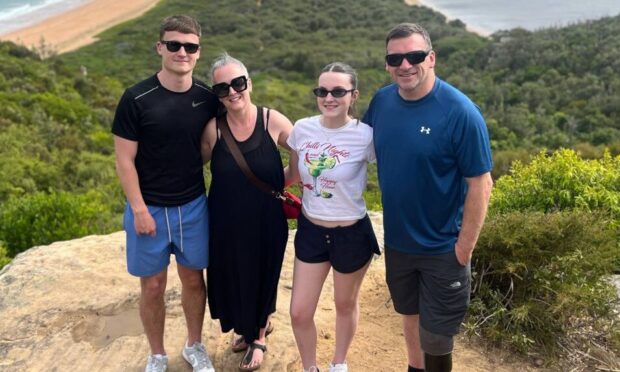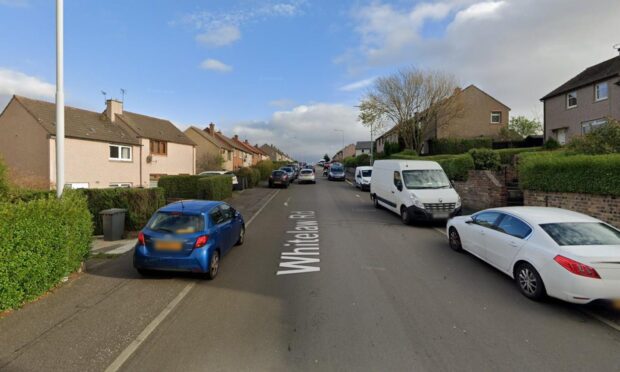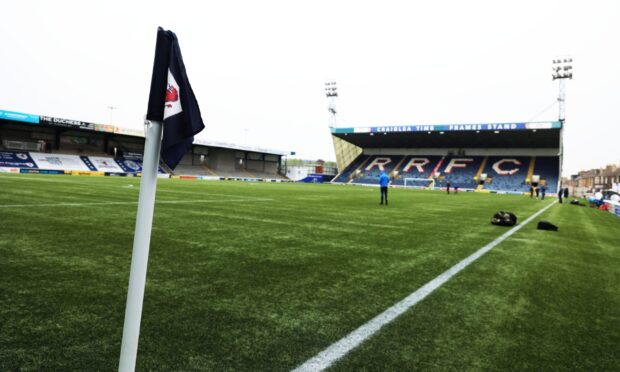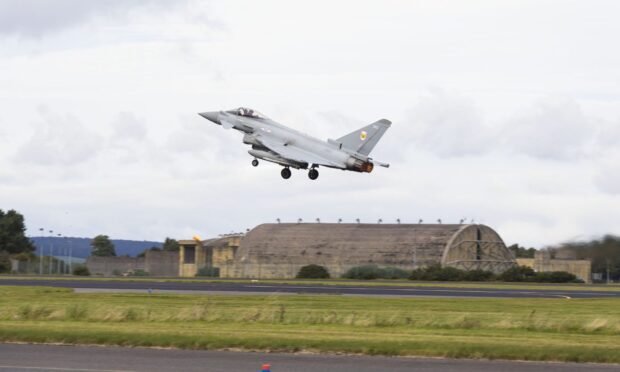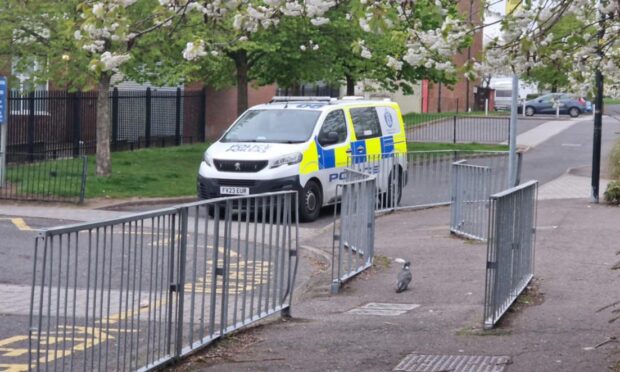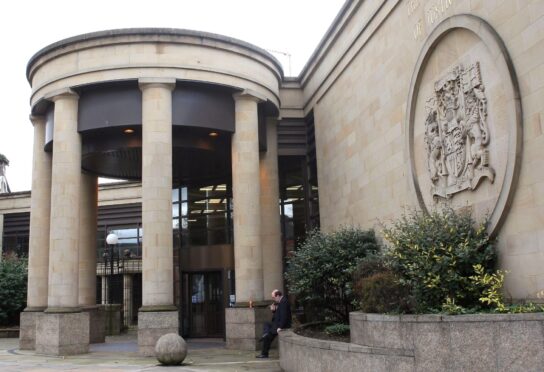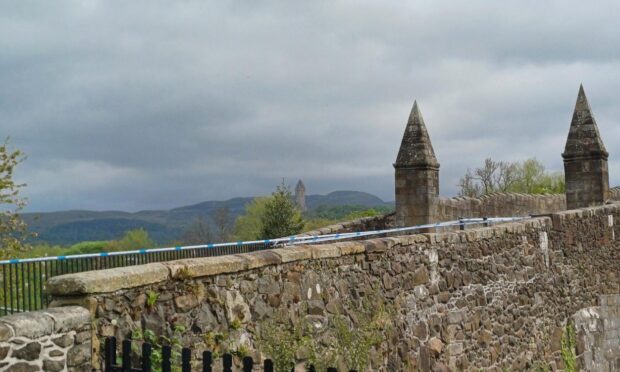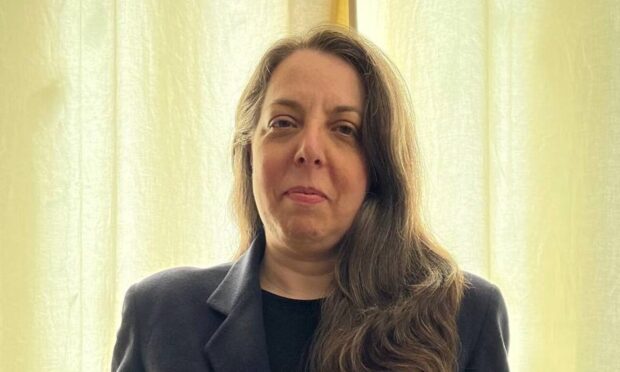Firefighters are to reduce the number of false alarm call outs they attend to focus on genuine emergencies.
The Scottish Fire and Rescue Service (SFRS) say the move is vital to protect resources and is launching a consultation on the best way forward.
False alarms cost the service approximately £1,970 each time they attend a suspected incident while firefighters spend an average of 22 minutes on the scene.
The service mobilises on average two fire appliances and nine firefighters to each of the 28,479 false alarms each year – equating to around 57,000 unnecessary blue light journeys across Scotland.
Move will have exemptions
The options include a reduction of all visits to non domestic premises by either 61%, 71% or 85%.
It will likely see the fire service seek confirmation of a fire being attending a call out to an alarm.
Sleeping risk premises such as care homes will be exempt and will continue to receive a call out.
Assistant chief officer Stuart Stevens said businesses and other organisations can also play a key role in reducing the figures and called on them to get involved in the consultation.
He said: “The advantages of getting duty holders to accept their legal responsibilities and reducing these callouts are clear.
“Making this change means we can free up firefighters’ time, be even more responsive in genuine emergencies and use SFRS resources more effectively.
“We can also carry out more training and fire prevention activity, as well as realising the related benefits of improving road safety and reducing our carbon impact.
“These unnecessary blue light journeys bring risks to our crews, other road users and pedestrians as well as impacting the environment.
“Businesses will also experience less disruption as they no longer need to wait for us to attend to give the all clear after a false alarm.”
Many visits to schools and offices
Around 64,000 hours each year are needlessly spent checking on false alarms triggered at workplaces.
The fire service say that an average of 4,300 false alarm calls were answered across Tayside over a five year period causing a huge drain on the service’s ability to respond to genuine emergencies.
Recent data relating to call outs to schools across Tayside and Fife also shows 1,592 call outs occurred between January 2018 and December 2020, nearly all of which were false alarms.
Figures obtained through a series of freedom of information requests show there were 711 unwanted fire alarm signals (UFAS) in Fife, 141 in Angus, 328 in Dundee and 297 in Perth and Kinross in that period.
Most alarms are activated by faults or other causes like steam or burnt food with only two per cent actually involving a fire, most of which are put out before the arrival of crews.
Now a 12-week public consultation is to take place around a number of options to reduce the burden on the fire fighters.
Slow response to consultation
The twelve-week consultation, which seeks views on three proposed options is now underway but so far there’s been a low uptake by businesses.
The fire service’s assistant chief officer, Stuart Stevens, said: “It may be that these businesses and organisations are taking their time to fully consider the proposed options.
“I’m also aware last month we were just coming out of a holiday period which is why we’re issuing this appeal for those most affected to take part.”
The consultation brings the SFRS into line with the policies of the majority of the UK’s equivalent services, Mr Stevens said.
He added: “The legal responsibility for dealing with an AFA alert lies with the duty holder of a property and most UK fire and rescue services now seek confirmation of a fire before attending.
“It’s now time for the SFRS make this change too.
“Each of the options, which have all been risk assessed, will see a significant reduction in the number of UFAS calls we attend.
“We want to know what those most affected think of our three proposed options I urge them to have their say on how they think we can best use our resources to keep them, their families and their communities even safer.”
The consultation, which runs until October 11, can be accessed online.
A report based on analysis of the consultation responses, including a preferred option, will be considered by the SFRS board in December 2021.
